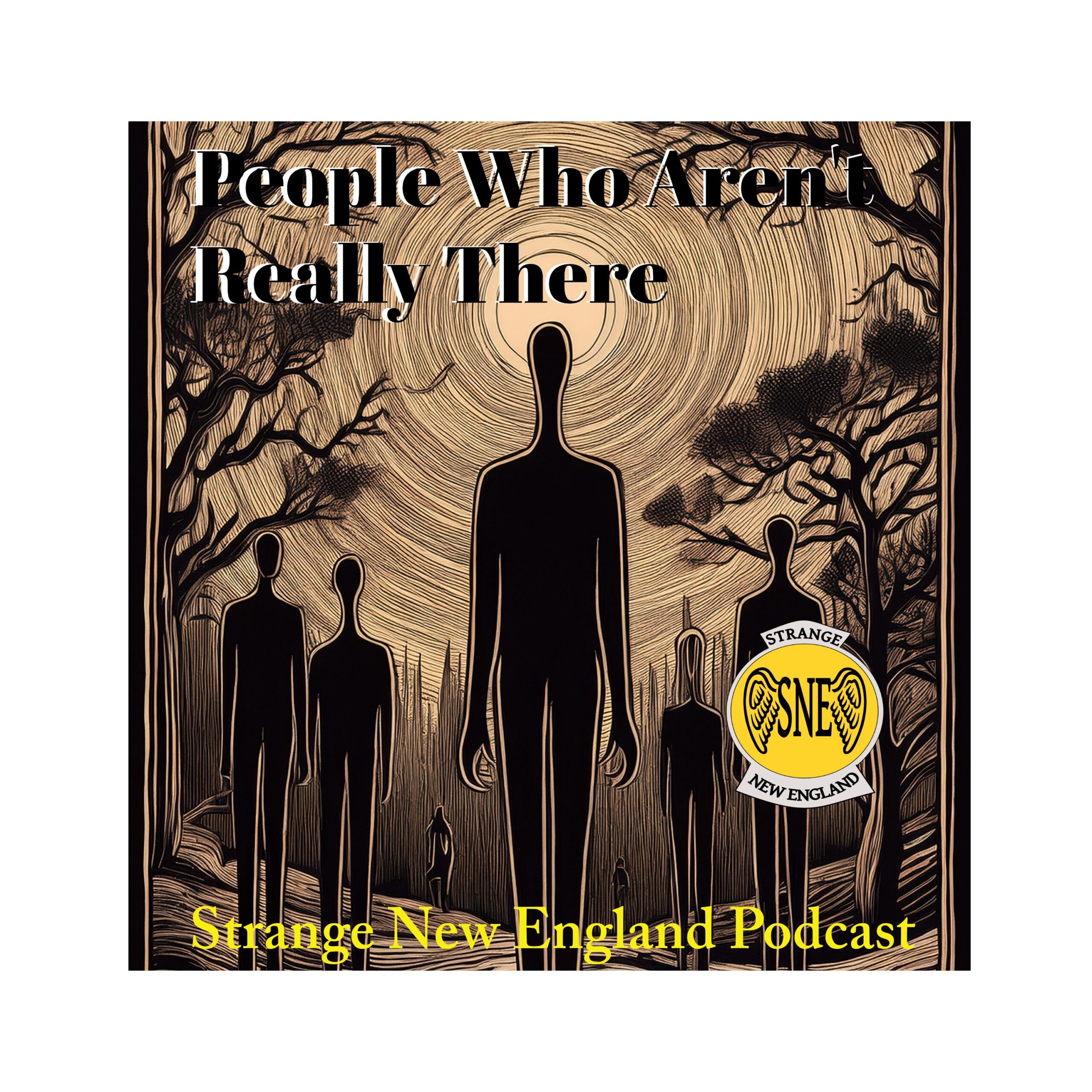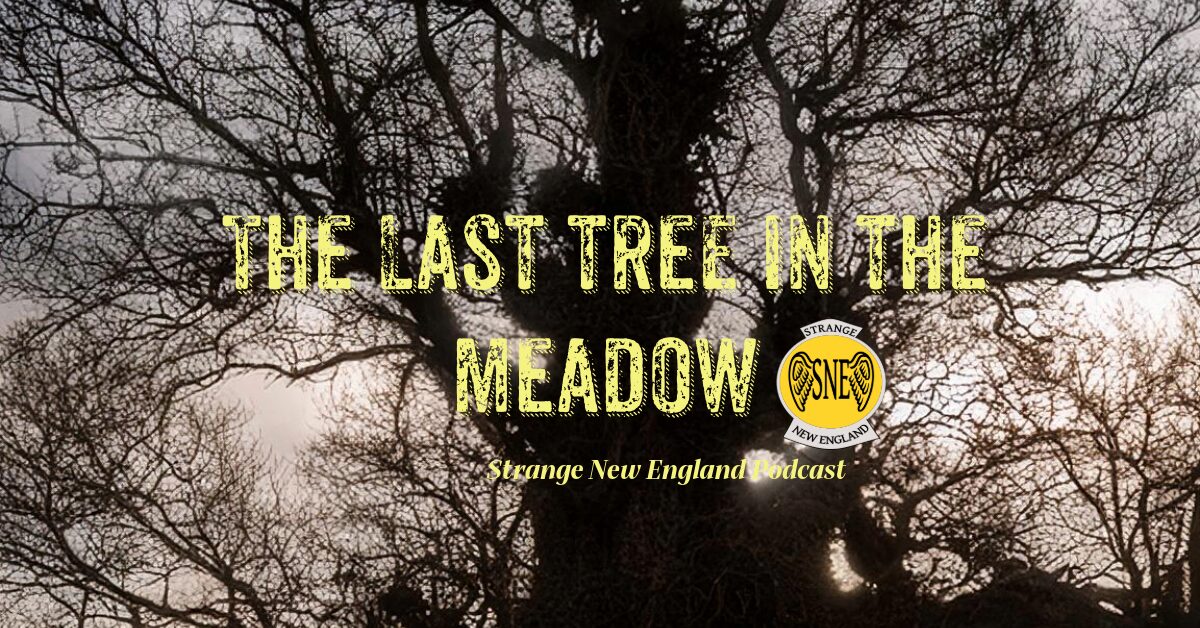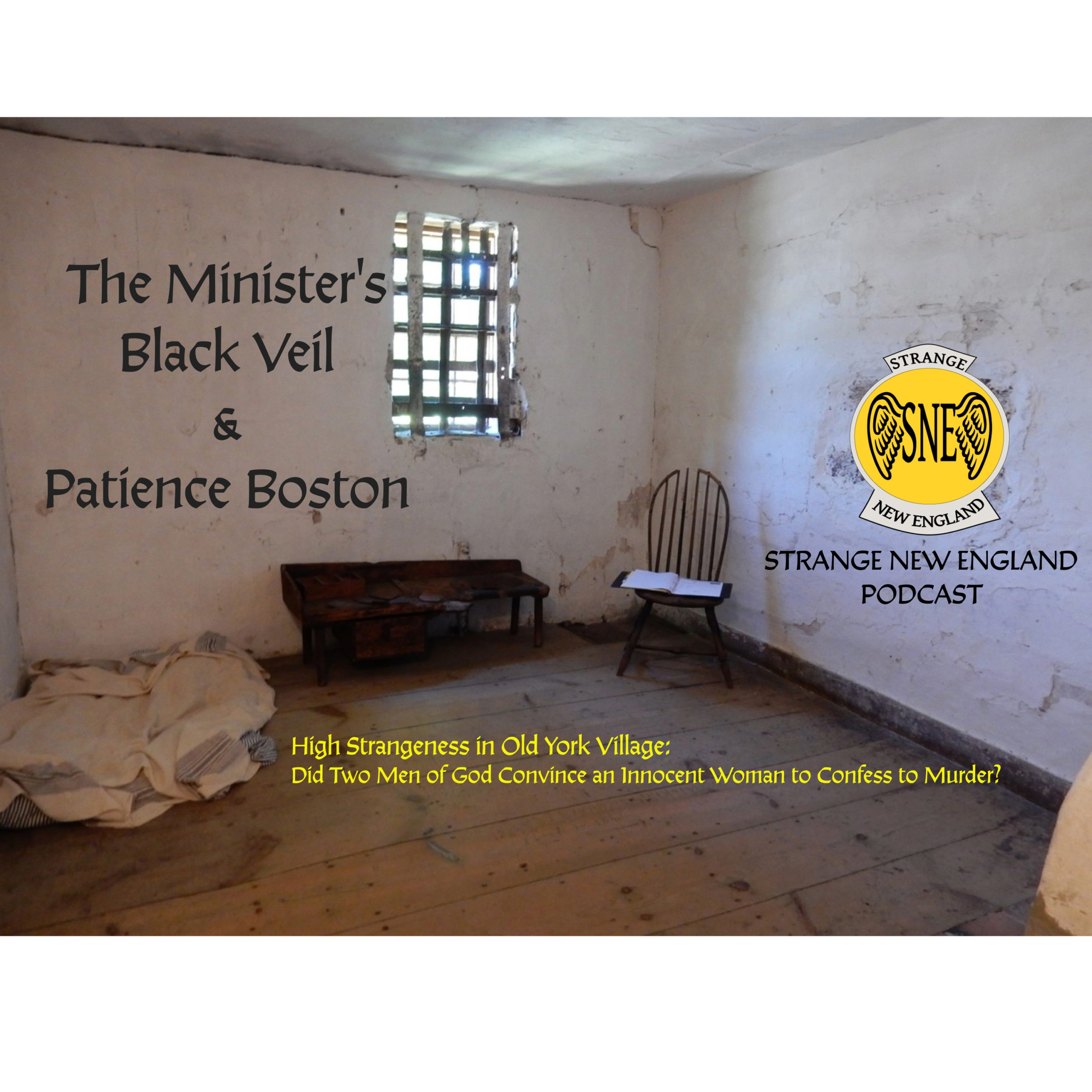
A ghost story is usually a solitary thing. It lives by itself and doesn’t go out much and by its nature, is solitary and lonesome. A ghost story is the hermit of tales because, so often, a spirit is only experienced by a single person, whether it be a chill in the air, a fleeting image in the darkness, a shadow in the window on the top floor as you casually glance upward. Most people don’t see spirits in pairs or groups. They seem them when they’re all alone. It makes you wonder, if you’re an imbiber of such stories, if most of them might simply be creations of the mind, unintended tulpas of the imagination. They’re a part of the human experience. Ghost stories are as old as we are and stretch back into our prehistory, into the times before we could record them for future generations. Ghosts are part of that collective memory we all share. Their stories continue to be told because, I believe, we need them. Strangely, they frighten us but they also bring us hope? We’ll see about that.
But what can we make of the other stories, the ones where multiple people claim to have seen or experienced’ that which cannot be easily explained and therefore fall into the inescapable realm of confused possibility? If one person sees a ghost, much like a single witness of a UFO, we can easily dismiss their story as idyll fancy. It’s your word against theirs. But if many people claim to have seen a strange and inexplicable sight such as a ghost, well, that’s something completely different. That’s a little more difficult to refute.
This is the story of such a sighting, though the names of the witnesses are mostly lost to history. We have a captain’s name and the name of two ships. The sighting has devolved into a legend, but when it was first reported in the 1860s, just after the American Civil War, it was regarded as the truth at a time when people were less skeptical and more ready to believe in things they could not prove. As for its actual veracity, I’ll let you be the judge.
The Charles Haskell was a fishing schooner built in Boston. A two-masted ship, fast and efficient, she was built for cod fishing in the Atlantic, where ships like her went for extended periods, for weeks or even months at a time. Typically, the cod was salted right on board before returning to shore. In the case of the Charles Haskell, she was headed for Georges’ Bank, there to reap the rich harvest. By all accounts, she was a sleek vessel, well-made for carving through the waves and making her way. The problem with the Haskell was that….no one wanted to sail on her. Before her maiden voyage, a workman on the ship slipped on the deck and broke his neck, killing him on the spot. Sailors have long been superstitious and they have tales among themselves that prove their belief. There was no whistling aboard ship – it summons the wind down or provokes storms. Women on board were forbidden – they distract the crew and anger the sea gods themselves. Never depart on a Friday, for that was the day the Lord was crucified. A red sky in the morning was a bad omen, spelling out inclement weather. It is not hard to imagine why a sailor might not want to serve on a brand new ship that had been christened by the death of a man. Her owners couldn’t even find a captain – but as must happen in every good story, a captain was eventually found, a man named Curtis and was a Gloucester man and he found a crew alright, mostly fellow Gloucester men like himself.
New England fishermen typically fish for cod during the spring or summer months with the prime season being from late April or early May through September. The Charles Haskell didn’t wait for spring. Like many, she had to venture to much deeper offshore waters as the cod migrated away from shore seeking their food. Winter fishing was challenging and dangerous and required only the sturdiest of vessels using long-lining and nets to catch the cod in the dark depths below. Captain Curtis and the crew of the Haskell made their maiden voyage in February of 1866, off to Georges Bank to join the others whose occupation was to go after cod.
Anyone who has sailed the turbulent Atlantic waters off New England will tell you how capricious the weather can be, how quickly it can rise to a tempest without any real warning. Between 1830 and 1892, nearly 600 ships and more than 3,000 lives were lost in the waters of the Grand Banks, of which Georges Banks is a part. Shallower than the rest of the Grand Banks, Georges Bank covers nearly 10,000 miles southeast of Cape Cod. These waters were among the richest and most important fishing areas in the world and there were many ships fishing in the same area, often with captains and crew who knew each other well.
It was March 7, 1866 and the Haskell was at anchor, her crew going about their daily routine, when Captain Curtis noticed the darkness on the horizon, felt the change in the air, and knew in his bones that they were facing a sudden, imminent change in the weather. He’d seen it many times before and he knew he had only minutes before they would find themselves in the midst of hurricane winds. He could see other vessels out there and he understood that in a storm, two vessels can easily collide with little capacity to control their courses. Curtis prepared to ride out the storm as best he could, keeping his eye on the other ships.
As the wind picked up and began to howl, the crew understood that they were in grave danger. They were facing gale force winds and the sea was roiling with wave after wave covering the decks. All they could do was ride out the storm and try…try and pray while trying…to ride a safe course through it. And then, as the sky grew dark and waves thrashed, Captain Curtis saw another schooner, the Andrew Jackson out of Salem, coming his way. He knew the captain, he knew some of the crew. His own life and the lives of his crew were in peril as the bow of the Andrew Jackson rushed quickly toward the Charles Haskell. He ordered the anchor cut so they could escape a collision, but it was that very act that caused the tragedy. Steering away from the ship with all of his strength and skill, Captain Curtis couldn’t avoid the Jackson as it crossed his path, slamming into his ship in the midst of the screaming wind. The crew of the Charles Haskell held on for dear life, trying to assess their situation. As they waited for word, they watched the Andrew Jackson quickly slip beneath the waves, taking her crew to a watery grave. All hands were lost. The Haskell was damaged and limped back to port when the storm abated, making for St. Johns, Newfoundland.
Such was the fate of the Andrew Jackson and her crew. Those who go down to the sea in ships do not always have divine intervention to save them. Some cry for help and do not receive it. The Charles Haskell’s crew made it home. They got to see their families again. Their lives went on from day to day and the following year, her damages fixed, the Charles Haskell set out again for the Georges Bank. That’s when something inexplicable happened, something beyond any understanding.
The sky was clear and a full moon shone when, six days out of port, the men of the night watch on the Charles Haskell looked out upon the waters and noticed something strange, something that made no sense at all to them. As they regarded the waves lapping up on the sides of their ship, they sawsome things in the water, bobbing up and down. Soon, the men stood in pure fear as the Charles Haskell was surrounded by them and they understood what they were seeing in the moonlight: human heads bobbing up and down with the waves. And then, to their amazement, the heads turned into men in oilskins and they slowly climbed up the side of the Charles Haskell, lifting themselves up the railings and onto the deck of the ship. Speechless, nearly unable to breathe through fear, the men of the night watch stared in wide-eyed fear at the watery forms. They were as silent as the tomb. They had no eyes – only empty sockets.
The night watch called Captain Curtis and they watched the ghostly crew. Each spectral figure took a station and went through the motions of baiting the lines and sinking them into water, for all intents and purposes fishing for cod under the cold light of the full moon. They worked the lines all night long until the approach of the morning light when, in a strange rewinding fashion, they slipped over the sides of the Charles Haskell and back into the sea, falling below the waves, returning to the depths.
The men of the night watch spread the word to the nervous crew. This was a portent, a warning. This was a sign from beyond. All that day the crew whispered among themselves and the captain knew his fishing season was going to be cut short. He called them together and told them that the rumor they had heard from the night watchmen was just that. Nothing unusual had happened. The men were imagining it. He was there and saw nothing. He told them to get back about their business. There was fishing to do and they were Gloucestermen, after all.
But no man on the Charles Haskell slept that night. They waited for the light of the full moon to bathe the waters in its ivory glow and sure enough, the ghostly crew emerged from the waves, arose and climbed onto the Haskell once more. The entire crew watched in abject terror as the phantoms went about their work as they had done the night before. One of the crew counted them – twenty-six. Twenty-six was the number of men who perished aboard the Andrew Jackson out of Salem when she collided with the Haskell the prior year. Was this the crew of the Andrew Jackson returning to the Haskell to give some sort of warning? Then, as the cold light of day began to approach, the ghostly crew slipped back over the side but this time, this time they didn’t sink below the cold and unforgiving waves. They walked on the water in single file in the direction of their home port of Salem, Massachusetts, disappeared as the light of the morning sun erased them from the world.
The captain of the Charles Haskell knew it was over. There was no way this crew could maintain their focus and finish the fishing season. He hauled anchor and set sail for St. John’s, Newfoundland. Anchored there at the dock, the Charles Haskell remained for a long, long time. The captain and crew took passage home on another ship and no one, not a single person, would go aboard the cursed ship, though she was sea-worthy and ready to sail. Her owners wrote her off and would not spend another nickel to retrieve her. They knew well, as did Captain Curtis, that the Charles Haskell was now a “hoodoo’ ship, doomed from its very beginning to its inglorious end.
But there was one more voyage the Charles Haskell would make. Taking up valuable space at the dock in St. Johns, the ship was abandoned and considered salvage, but none wanted her. The harbor master eventually ordered that she be towed to the deep waters and set aflame to make room for other ships at the dock. She was towed out to deep water and those few who were there set her on fire to burn her down to the waterline and then, to sink her beneath the sea, erasing her from the minds of men forever. But when the sailors who were sent to sink her came home, word spread among the mariners that they saw something they could not explain.
As the ship began to burn, it appeared to the tenders that forms could be seen on the deck, forms of men walking amidst the flames, going about the business of baiting and sinking lines. A trick of the light? A trick of the brain? Perhaps. They all knew the story of the crew of the Andrew Jackson and maybe they just told the tale to keep the children awake at night, for the sheer telling of the tale, but a good many of these men believed it, too. The spectral crew moved among the fire and as the Charles Haskell burned, she moved away on some unfelt breeze. As the sun began to set, the tenders of the ship witnessed the last sighting of the Haskell against the orange-red of the horizon, manned by ghosts steering toward some unknown destination.
You can find a ghost story in almost every corner of the world, in any city or little town. They travel with us, never far away. You might ask yourself: did this really happen? Was there actually a ship called the “Charles Haskell” from Boston? The tale of the Charles Haskell and the phantom crew of the Andrew Jackson is a maritime legend. There’s even a famous folk song called “The Ghostly Sailors” that was written about it and sung, no doubt, aboard many a ship under the light of a full and ivory moon. The crew of the Johnson carrying out their eternal task of fishing for cod that sent them to their doom is a story- let’s leave it at that. After enough time passes and everyone who saw the ghosts are possibly ghosts themselves, there’s no point in trying to prove anything, especially a ghost story. Anyway, it is my belief that you don’t prove that ghosts are real. You wonder. Like all stories, it’s just real enough and like all legends, has its basis in truth. Do you believe in ghosts? Don’t worry, I won’t tell anyone…
The Ghostly Sailors
You may smile if you want to,
But perhaps you’ll lend an ear,
For boys and girls together,
Well on for fifty years,
I’ve sailed in fishing vessels,
In summer’s pleasant gales,
And all through stormy winters,
Where the howling winds did rage.
I’ve been tossed about on Georgia Shoals,
Been fishing in the Bay,
Down south in early seasons,
Most anywhere would pay,
I’ve been [in different vessels],
On the Western Banks and Grand,
I’ve been in herring vessels
That went to Newfoundland.
There I saw storms, I tell you,
And things looked rather blue,
But somehow I was lucky,
And quickly I got through,
I will not brag, however,
I will not say so much,
I have not been easily frightened,
Like most of other men.
Last night as we were sailing,
We were sailing off the shore,
I never will forget it,
In all my mortal days,
It was in the grand dog watches,
I felt a thrilling dread,
Came over me as I hear,
One calling from the dead.
Right over our rail there clambered,
All silent, one by one,
A dozen dripping sailors,
Just wait till I am done,
Their face were pale and sea worn,
Shone through the ghostly night,
Each fellow took his station,
As if he had a right.
They moved around about us,
‘Till land was most in sight,
Or rather I should say so,
The lighthouse shone its light,
And then those ghostly sailors,
Moved to the rail again,
And vanished in an instant,
Before the sons of men.
We sailed right in the harbour,
And every mother’s son,
Will tell the same sad story,
The same as I have done,
The trip before the other,
We were off Georgia then,
We ran down another vessel,
And sank her and her men.
These were the same poor fellows,
I hope God rests their souls,
That our old craft ran over,
And sank on Georgia Shoals,
So now you have my story,
It is just as I say,
I did not believe in spirits,
Until this very day.





Hello. I appreciate your storytelling and the effort you make these podcast. I listen to you down in Texas.
Thanks Zach! You made my day!
Thank you Zach! I am just entering that time of year when I tell new stories, so keep coming back!